Regen EcoCommunity The Future of Community
2017-02-21 17:09
“Imagine that in the dining room of your home in Almere, you can pick some basil leaves from your indoor garden and pair them with tomatoes from the seasonal garden behind the house to make a salad. A few steps away from your home, high-tech vertical farms grow a variety of ingredients for you and your neighbors. You still have to go to the store to buy your coffee because only crops suitable for the Dutch climate are grown here, but at least your children will no longer think that carrots are made in a factory.”
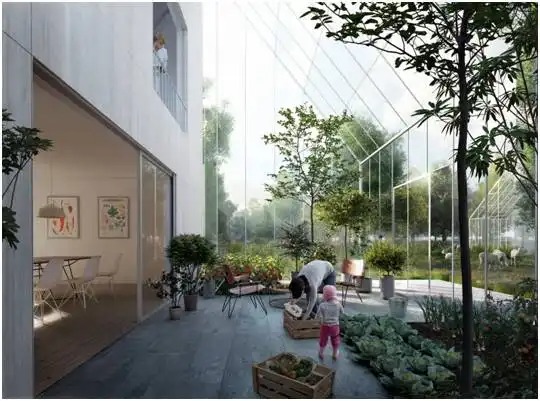
James Ehrlich, founder of the ReGen eco-community, is on a mission to make off-the-grid communities the ideal place for everyone to live. Just as Elon Musk fundamentally changed the image of electric cars, Ehrlich wants his beautiful, comfortable eco-communities to become the new standard for sustainable living. In collaboration with Copenhagen architecture firm EFFEKT, EFFEKT's artists designed the ReGen community to seamlessly integrate nature and technology, creating a closed-loop circulation system through existing green technologies.
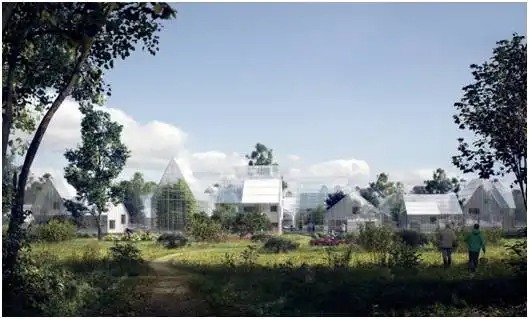
In the ReGen community, food waste is used for composting, biogas production, and army fly farming, and then used as food for fish farming and nutrients for the aquaculture system (a multi-layer system that combines fish farming and hydroponic agriculture, where plant roots are immersed in nutrient-rich nutrient solution instead of soil). This type of aquatic aquaculture can provide residents with aquatic products. In addition, livestock is raised in the community to provide meat products for residents, and livestock excrement is provided as fertilizer for seasonal gardens. Rainwater is collected and filtered for use in farms and gardens, and the community also uses solar panels to power homes.
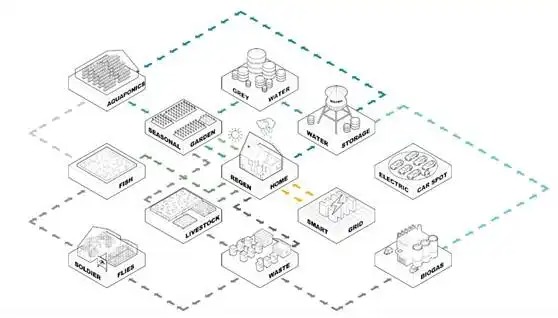
This has to be said to be a great attempt, and every innovation is the beginning of a new journey. Ehrlich also shared with us the origin of the ReGen ecological community.
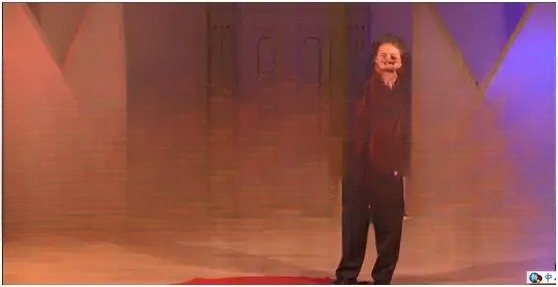
Ehrlich, who worked in Silicon Valley for many years and started several startups, mostly in video game design, decided to invest in film case studies of organic and biological family farms after the 2008 dot-com crash, presenting their cases to the public through a highly-rated TV cooking show.
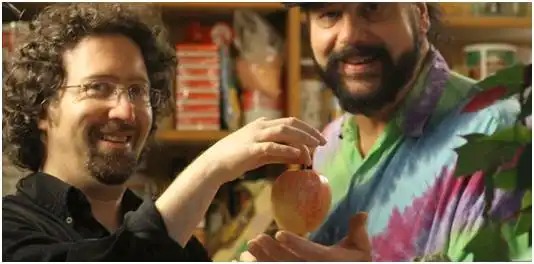
Years of case studies, coupled with a series of technology startup creation and investment, led to a senior position at Stanford University, where Ehrlich lived in the most comfortable bubble in the "startup community" that lasted until 2013. Stanford University has incubated more than 13,000 startups.
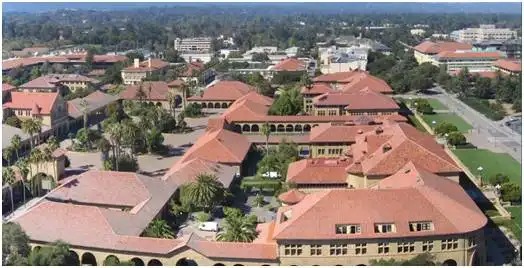
In 2013, Ehrlich saw the climate change>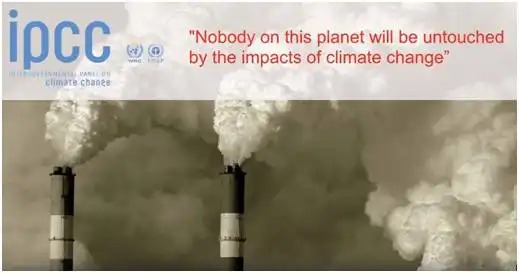
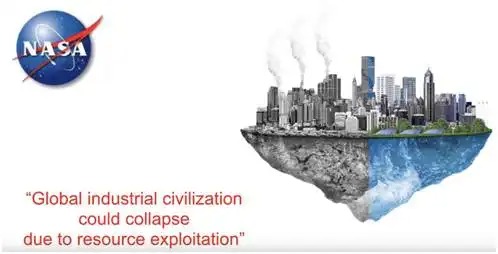
He also saw a study published by the Rockefeller Foundation in 2013, which mentioned the fact that in the 1950s, 75% of the world's population lived in small, self-sufficient communities. By the 2050s, the situation will be the opposite, and 75% of the world's population (about 10 billion people) will live in crowded coastal megacities. In his opinion, he believes that this is definitely the origin of the disaster.
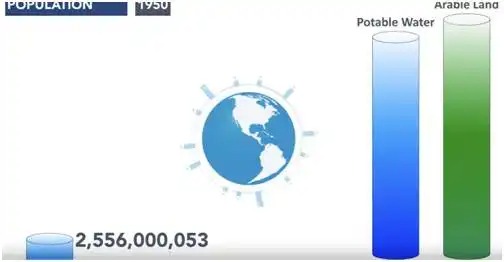
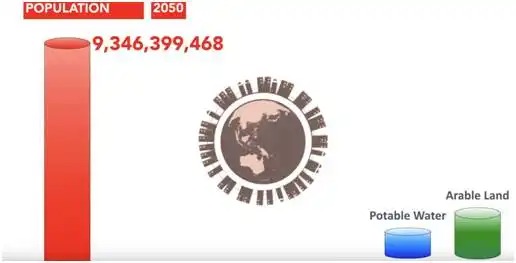
In 2013, when Ehrlich's son Louis was two and a half years old, he looked into his son's eyes one day and seemed to hear Louis say to him more than 30 years later, "Dad, where were you 30 years ago? Why didn't you do anything then?"
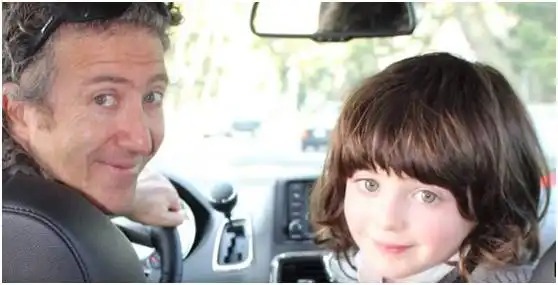
So Ehrlich went back to campus to find out who was doing something related, anything that he could use his entrepreneurial skills to achieve. That’s when he discovered the Solar Decathlon, an annual competition among 20 colleges and universities that selects the best zero-energy building designs. Participants have 18 months to design, but only 2 weeks to build them at designated locations around the world. In the summer of 2014, Ehrlich flew to the Palace of Versailles in France and saw 20 very beautiful zero-energy houses being built in the shadow of this most unsustainable palace, surrounded by electric energy vehicles.
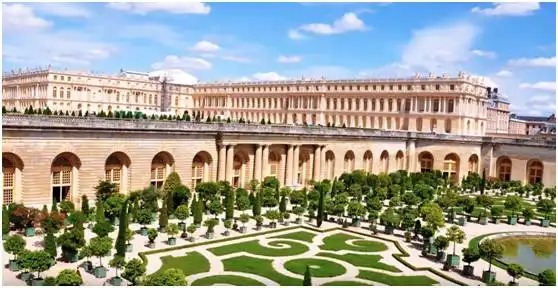
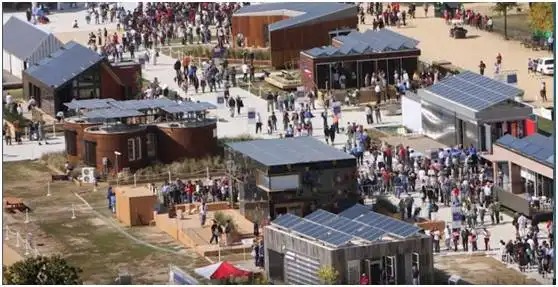
It was at that moment that he realized that if he could combine zero-energy homes with high-yield organic food production, along with clean water, clean energy, and efficient waste management, he could redefine the meaning of community development for the billions of people who would come to Earth in the future, and so Regen Community was born.
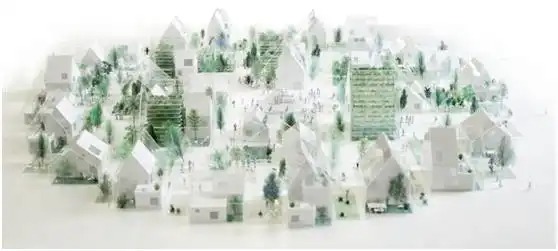
Regen Community is the "Tesla" of eco-communities, designed to achieve self-sufficiency through the scientific integration of food, water, energy and waste systems, so that the home can continue to prosper. The output of one system is the input of another system, using biomimicry to obtain the operations that Mother Earth has been performing perfectly for 4.5 billion years, and using technology to improve efficiency.
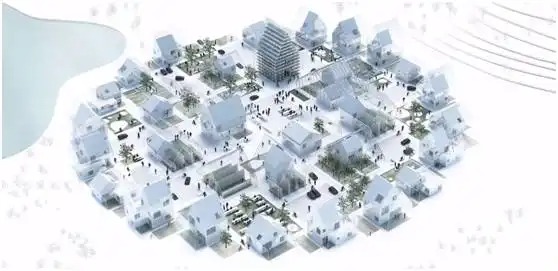
In the community, you will find that the centerpiece of the table is food, high-yield organic food. You don't need to be a farmer or an engineer to live here, the community has corresponding management services, you only need to pay a monthly management fee, and residents can also voluntarily apply to manage the community, thereby reducing management fees. In other words, this is a community that automatically adjusts according to your actual situation.
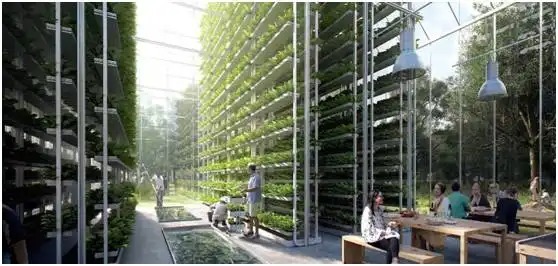
The team has begun building the first Regen community in Europe. 25 minutes east of Amsterdam, there is a community called Almere, where a good piece of certified organic farm land is preserved. Ehrlich's team wants to prove that compared with direct organic food production or simple land protection, the community they built can produce more organic food, clean water, clean energy and reduce pollutant emissions, while supporting about 100 residents.
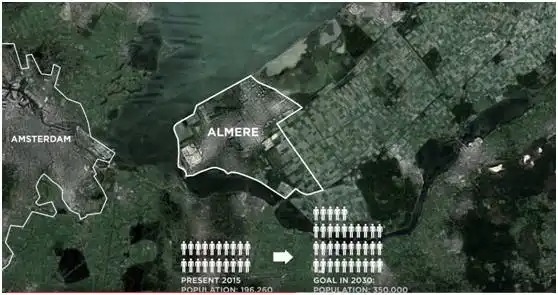
There is a permanent "food forest" in the community, so when you walk in the "forest", it will be an experience of "edible everywhere". According to the local cold air background in Northern Europe, the house is designed and built with reference to the greenhouse effect. In the cold winter, you can sit on the platform and drink coffee in a thin coat. Living in the community, you are with nature, not separated. If you want to socialize in the community, you can meet at the porch, cafe or pizza shop. The community will also set up a "Course Setter" Innovation Sports Laboratory, because it can be strongly felt that the future will no longer be an era measured by work, but a new era of realizing self-worth.
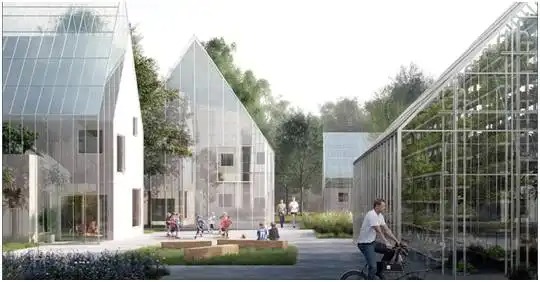
At present, the Regen community website has received 22.5 million views, received 14,000 emails from all over the world, and 3,100 families have signed to apply to become residents. What excites Ehrlich the most is that he thought it would take 10 years to make all the participating partners (construction companies, real estate companies, material companies, and the government) believe and act, but it actually took only a few months. Fowler said that if you can change existing things without fighting, and change the original things to establish a new model, it means that the old model is outdated.
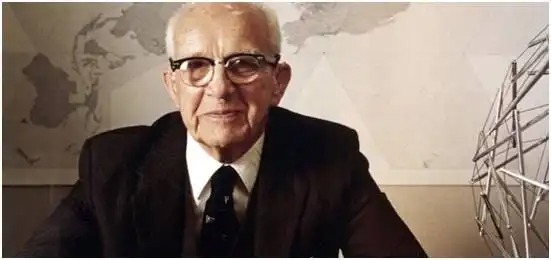
Sitting cross-legged and comfortably in the community, you are safe, energetic, and regenerative. This is the future of the community.
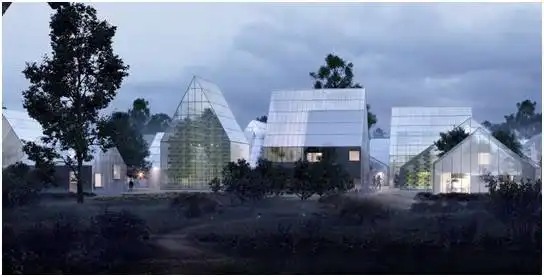
References and image sources:
The"Tesla" of EcoVillages | James Ehrlich | TEDxTrondheim
http:///2016/11/01/tesla-of-ecovillages/
http://www./
http://www./regenvillages/